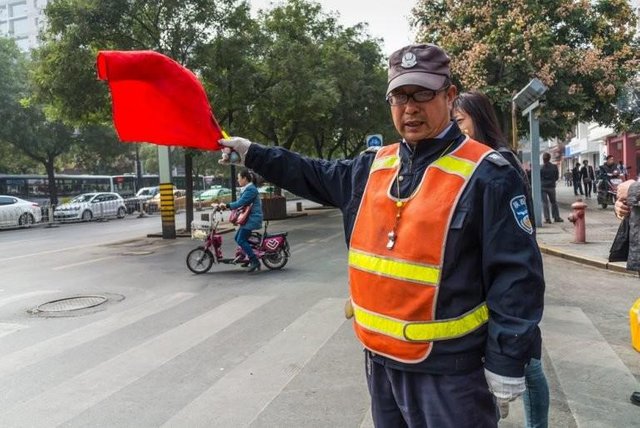Why China's Crackdown on Bitcoin is Good for Industry
@xiti - Over the past week, many traders, analysts, and investors in the financial sector and crypto-kardiak have reacted to a bitter crackdown on Chinese government by bitcoin.

Investors like early-stage billionaire Tim Draper, old bitcoin trader Josh Olszwicz, and leading venture capital investor and Golden State Warriors Chamath Palihapitiya owner stressed that the Chinese government's decision to impose unnecessary bitcoin trade restrictions and potentially bitcoin mining offers no real problems for bitcoin.
In an interview with Business Insider, Olszwicz stated:
"If it does not affect the protocols, then it's not a real problem, the bitcoin shampoo stomach is much more worrisome from my point of view, but even the core bitcoin protocol remains unaffected." Countries can try and ban the bitcoin they want, but people will still use it if they need and want it - the protocol does not require government revenue. "
Indirectly, Jamie Dimon, who previously condemned bitcoin with unfounded arguments and unreasonable statements, explained that bitcoin itself can not be regulated by censorship as he explains that bitcoin is currently used by many users in Venezuela who are trying to circumvent government and the existing financial system. On Fast Money CNBC, financial analyst and bitcoin trader Brian Kelly criticized Dimon when he stated:
"I think Jamie Dimon is wrong, one, the genie comes out of the bottle here, and also, Dimon talks about how the government will close it.Bitcoin is designed to get around the government.That's what it's designed for and you start seeing it.Jamie even says in his comment that if you're in Venezuela, it might be good to use bitcoin to get around the government, that's the truth. "
As Chamath Palihapitiya puts it in the same banking conference Dimon comments on bitcoins, governments and financial regulators can only control the way bitcoins are traded effectively in regulated markets, but beyond that they can not control the bitcoin transactions and payment facilitation in them . peer to peer protocol.
Strict regulations and impractical policies on bitcoin and cryptocurrency trades will cause merchants in China to move to nearby markets such as Hong Kong, Japan and South Korea. The three markets have large-scale trading platforms such as Bitfinex, Bitflyer, and BitHumb, which are regarded as some of the world's largest cryptocurrency trading platforms. More importantly, as these three markets are well-organized and well-structured, trading volume shifts to Japan, South Korea and Hong Kong will create a more efficient, organized and stable global bitcoin exchange market.
As Draper explains:
"The wood from the Bitcoin ecosystem is now abandoned, and our belief in the crypto economy will be well rewarded."
In the coming months, China can take two completely opposite approaches to regulating bitcoin. Some analysts including Jon Creasy explained that China's bitcoin exchange market can be restored if Chinese President Xi Jinping was re-elected in November, as he has always been a free market advocate. However, the Chinese government may extend a ban on bitcoin trade to mining if the People's Bank of China continues the development of a digital currency issued by the government.
Either way, experts like Draper feel the limiting use of bitcoin in China as a positive move for the bitcoin industry because the Chinese government can no longer manipulate the market.
It's a reaction to the ICO's speculation and investment is left to the Chinese housing market and stock exchanges for the less wealthy who can't move their money as easily, in the end its just building up steam for another explosion with a bit of a cooling period now.